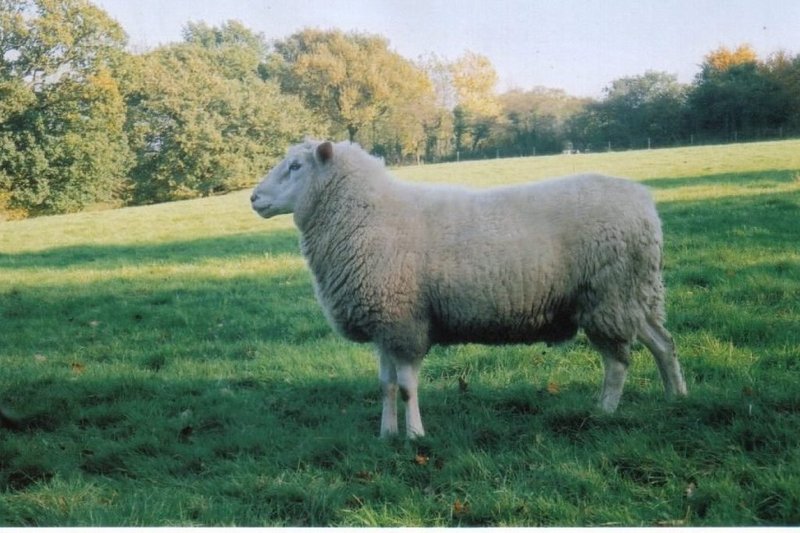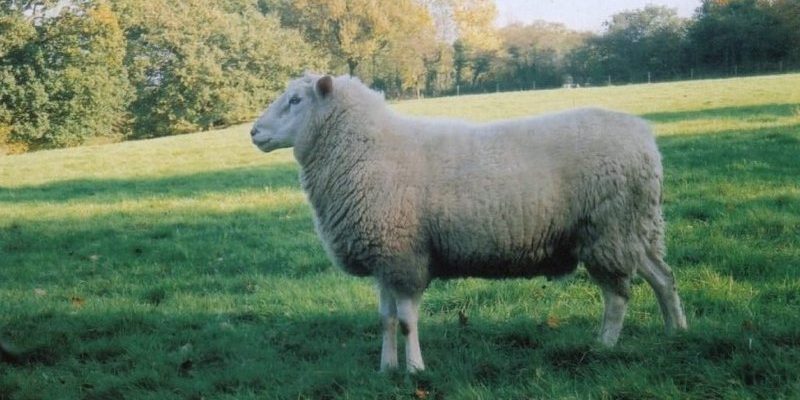
Imagine we’re chatting over coffee about the best sheep breeds you can raise or look out for. Some breeds are like the Swiss Army knife of the sheep world, meeting multiple needs. Others shine brightly in one specific area, whether it’s the softest wool, the juiciest meat, or the creamiest milk. In this article, we’ll dive into the top sheep breeds for wool, meat, and milk, breaking down what makes each breed special.
Sheep Breeds for Wool: The Fleece Champions
When it comes to wool, some sheep breeds stand out like rock stars at a concert. Wool is not just for keeping sheep warm; it’s also a valuable resource for us humans. The fleece can be spun into yarn, woven into fabric, and used for all sorts of clothing and textiles. Let’s look at a few standout breeds that produce exceptional wool.
Merino Sheep
Merino sheep are often considered the gold standard for wool. Originating from Spain, these sheep are famous for their fine, soft fleece. Their wool is not only warm but also lightweight and breathable, making it perfect for high-quality garments. Honestly, if you ever wear a Merino wool sweater, you’ll notice how comfortable it is against your skin.
Merino wool can be dense, which means it’s great for insulation, but it also has excellent moisture-wicking properties. Plus, it’s less likely to itch than coarser wool, which is a huge bonus. If you’re looking to invest in wool for clothing, Merino is the way to go.
Romney Sheep
Next up are the Romney sheep. These hardy sheep are great for both meat and wool, but their fleece is where they really shine. Romney wool is known for its strength and durability, making it perfect for heavy garments like blankets and carpets. You might say they’re the workhorses of the wool world!
What’s also neat about Romneys is that they thrive in various climates. Whether you’re in a cooler area or somewhere warmer, these sheep can adapt. Their wool is also highly sought after for knitting, so if you’re into DIY projects, Romneys could be a fantastic addition to your farm.
Suffolk Sheep
If you’re thinking about wool that’s easy to manage, Suffolk sheep might just be your best bet. Known for their black faces and legs, these sheep produce wool that has a medium crimp and is particularly good for general wool products. It’s not as fine as Merino, but that’s okay; it still has plenty of uses!
Suffolk sheep are also known for their friendly personalities, which makes them a joy to care for. Raising sheep should be about enjoyment and satisfaction, right? The blend of their wool quality and easygoing nature makes them a top choice for many farmers.
Sheep Breeds for Meat: The Juicy Choices
When it comes to meat, not all sheep are created equal. Some breeds are specifically raised for their tasty cuts, and let me tell you, they can be downright delicious. If you’re into lamb or mutton, here are a few breeds to consider.
Texel Sheep
Texel sheep are known for their exceptional meat quality. Hailing from the Netherlands, these sheep are raised primarily for their lean, tender meat, which is high in flavor. This breed has a muscular build, which contributes to the high quality of its meat.
Now, here’s the thing: Texel lamb is often regarded as gourmet meat, and it’s sought after in fine dining restaurants. If you’re considering raising sheep specifically for meat, Texels are a solid choice that could impress your dinner guests.
Hampshire Sheep
Another excellent breed for meat is the Hampshire sheep. These sheep are easily recognizable by their dark brown faces and legs. Their meat is well-marbled, which means it’s juicy and flavorful. This breed is known for its rapid growth rate, so you won’t have to wait long before you can harvest some delicious lamb.
Hampshires tend to be quite hardy, making them suitable for various farming conditions. They’re also known for their docile nature, which means they’re easier to handle compared to some more skittish breeds. Talk about win-win!
Dorper Sheep
Lastly, we have the Dorper sheep. Originating in South Africa, these sheep are known for their exceptional adaptability and meat quality. They have a high feed-to-meat conversion rate, which means they turn what they eat into tasty meat efficiently. Plus, they don’t need shearing because they shed their fleece naturally!
The meat from Dorper sheep is known for its tenderness, and it’s often marketed as premium quality. If you’re looking for a breed that requires less maintenance but still provides great meat, Dorpers are definitely worth considering.
Sheep Breeds for Milk: Dairy Delights
You might not think of sheep as a go-to for milk, but certain breeds produce fantastic dairy products. Sheep’s milk can be creamier and richer than cow’s milk, which makes for amazing cheese and yogurt. Let’s explore some of the best sheep breeds for milk.
East Friesian Sheep
The East Friesian sheep are often regarded as the top dairy breed. Originating from Germany, these sheep produce a high volume of milk, making them very popular among dairy farmers. Their milk is rich and has a nice flavor, perfect for making cheese and yogurt.
One interesting thing about East Friesians is their gentle nature. They are relatively easy to handle, which makes milking a breeze. If you’re considering venturing into sheep dairy farming, these sheep can provide a steady supply of milk for all your culinary adventures.
Awassi Sheep
Next, let’s talk about the Awassi sheep. This breed is well-known for its milk production and has a long history in the Middle East. Awassi sheep are uniquely suited to hot climates, and their milk is both nutritious and flavorful.
What’s more, the fat content in Awassi milk is relatively high, which is perfect for making rich cheeses. If you’re looking for a breed that thrives in warmer weather while producing quality milk, the Awassi is a strong contender.
LaMancha Sheep
Lastly, we have the LaMancha sheep. Though they’re more commonly recognized as goats, some of these breeds, like the LaMancha sheep, do produce milk. This breed is known for its distinctive short ears and sweet temperament. They typically yield a fair amount of milk that can easily be turned into cheese or consumed fresh.
If you ever get the chance to try LaMancha milk, you might find it to be smoother and creamier than other types. Plus, they’re super easy to care for, making them a great choice for beginner dairy producers.
Choosing the Right Breed for You
So, how do you pick the right sheep breed for your needs? The first step is to think about your goals. Are you focused on wool, meat, or milk? Each breed has its strengths, so it really depends on what you want to achieve.
Once you know your primary focus, consider your farming environment. Are you in a colder climate, or is it more temperate? Some breeds thrive better in specific environments, and you want to ensure your sheep are comfortable and healthy.
Finally, don’t underestimate the importance of personality. Some breeds are more docile and friendly, while others might be a bit skittish. Choose a breed that fits well with your farming style and personal preferences. After all, caring for your sheep should be a joyful experience!
Whether you’re looking to raise sheep for their wool, meat, or milk, there are plenty of options to consider. Each breed has its unique characteristics and benefits, so it pays to do some homework before making a choice. Remember, the best breed for you will depend on your specific needs, environment, and even your personality.
So, whether you dive into Merinos for gorgeous wool, Texels for delicious meat, or East Friesians for creamy milk, you’re bound to find joy in raising these remarkable animals. Embrace the adventure, and who knows—you might find that sheep farming is not just about production, but also about forming a special bond with these delightful creatures.

